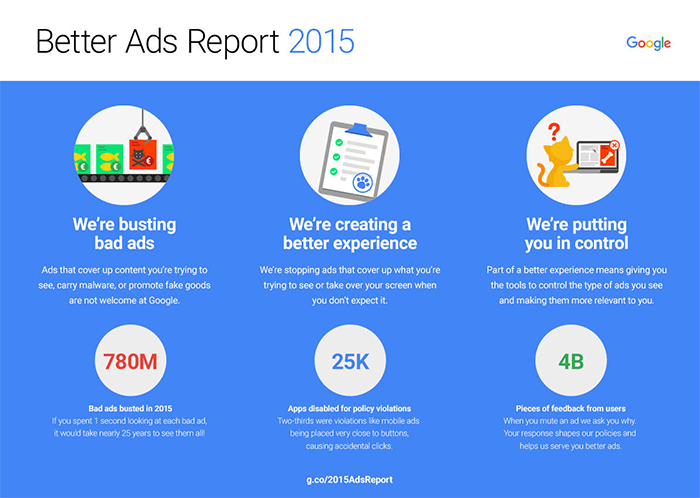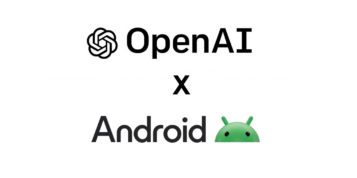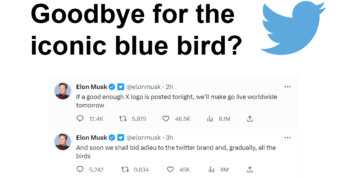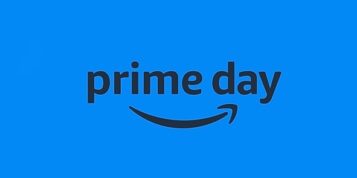Google disabled more than 780 million ads for violating their policies last year, according to a new report.
In a new report Google says they take ads that violate their policies very seriously and have a global team of 1000+ people dedicated to fighting bad ads.
Types of bad ads Google focused on
Counterfeiters – Suspended more than 10,000 sites and 18,000 accounts for attempting to sell counterfeit goods (like imitation designer watches).
Pharmaceuticals – Blocked more than 12.5 million ads that violated our healthcare and medicines policy.
Weight loss scams – Suspended 30,000 sites for trying to promote supplements ads for promising impossible-to-achieve weight loss without diet or exercise.
Phishing – Blocked nearly 7,000 phishing website.
Unwanted software – Disabled more than 10,000 sites offering unwanted software and reduced unwanted downloads via Google ads by more than 99 percent.
Trick to click – Rejected more than 17 million ads for trying to trick or mislead people into interacting with them.
Other areas of focus
Google say they understand sometimes ads are accidentally clicked on when swiping through a news story for example, Google have developed technology that allows them to identify when ads are clicked accidentally. This will also save advertisers money wasted on accidental clicks.
Google say they also stopped showing more than 25,000 ads on mobile apps because they didn’t follow policies. More than two-thirds of these violations was for practices like mobile ads placed very close to buttons, causing someone to accidentally click the ad. Publishers thinking this was a clever way to generate revenue should think again.
Furthermore last year, Google put users in some control of the ads they see. The ‘x’ button on the ads allows users to stop being shown ads from that advertiser. Google say they received 4+ billion pieces of feedback last year.
Looking forward to 2016, Google state “In 2016, we’re planning updates like further restricting what can be advertised as effective for weight loss, and adding new protections against malware and bots.”






